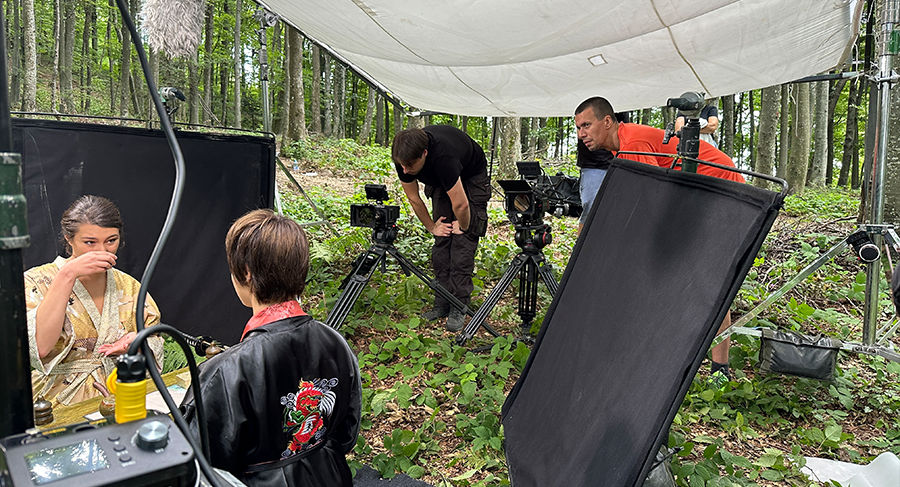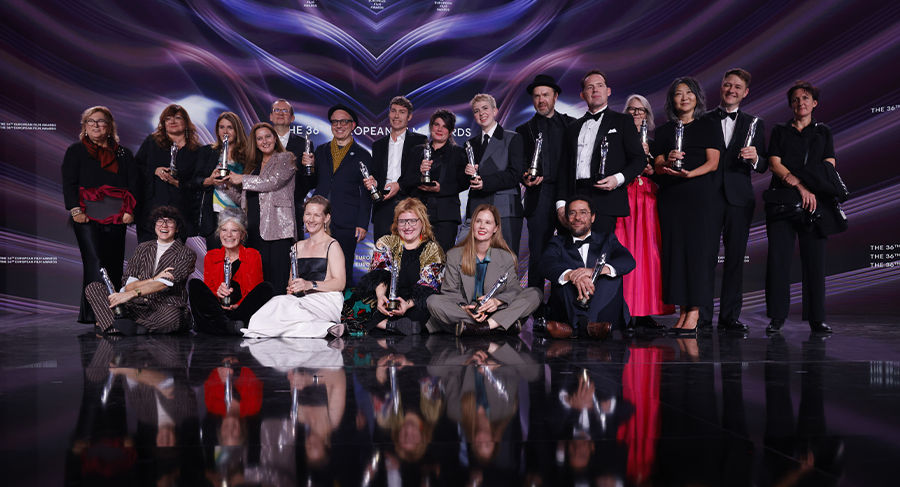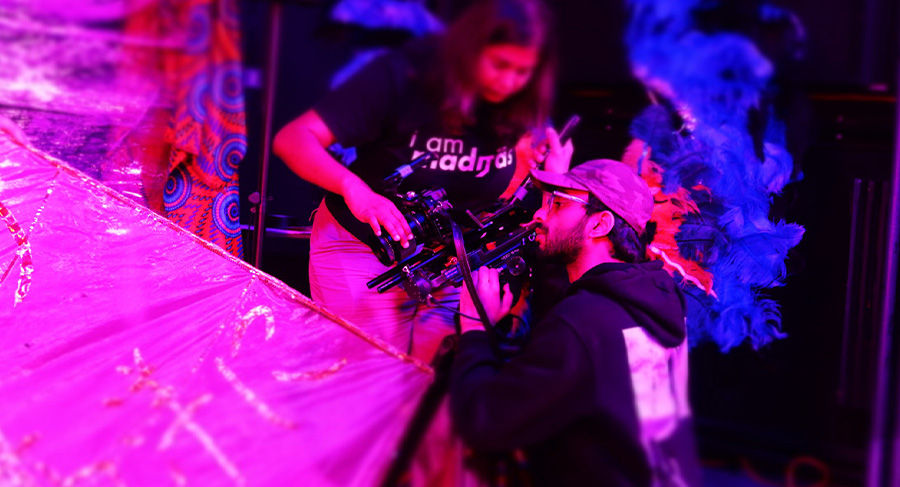
Metfilm School
MA Directing
Duration
1 year
Course available in
London, Leeds, Berlin



Programme Aims
Deep understanding of the roles and responsibilities relating to being a director for a range of screen platforms.
The ability to produce work of increasing ambition and quality including experimentation with content and form.
The ability to develop and realise creative projects suitable for industry and audiences.
The language and understanding to articulate the role screen storytelling plays in an increasingly globalised and inclusive world.
Advanced techniques in working with actors in the realisation of compelling and meaningful content.
A detailed, structured, and ethical approach to content production including sensitivity to a range of abilities and qualities of collaborators to enable them to deliver their best work.
The ability to understand the work of colleagues and to articulate why screen practice requires true collaboration.
Gained insight that will enable you to enter the screen industries as an enlightened and contemporary screen industry professional.




Latest
Latest












